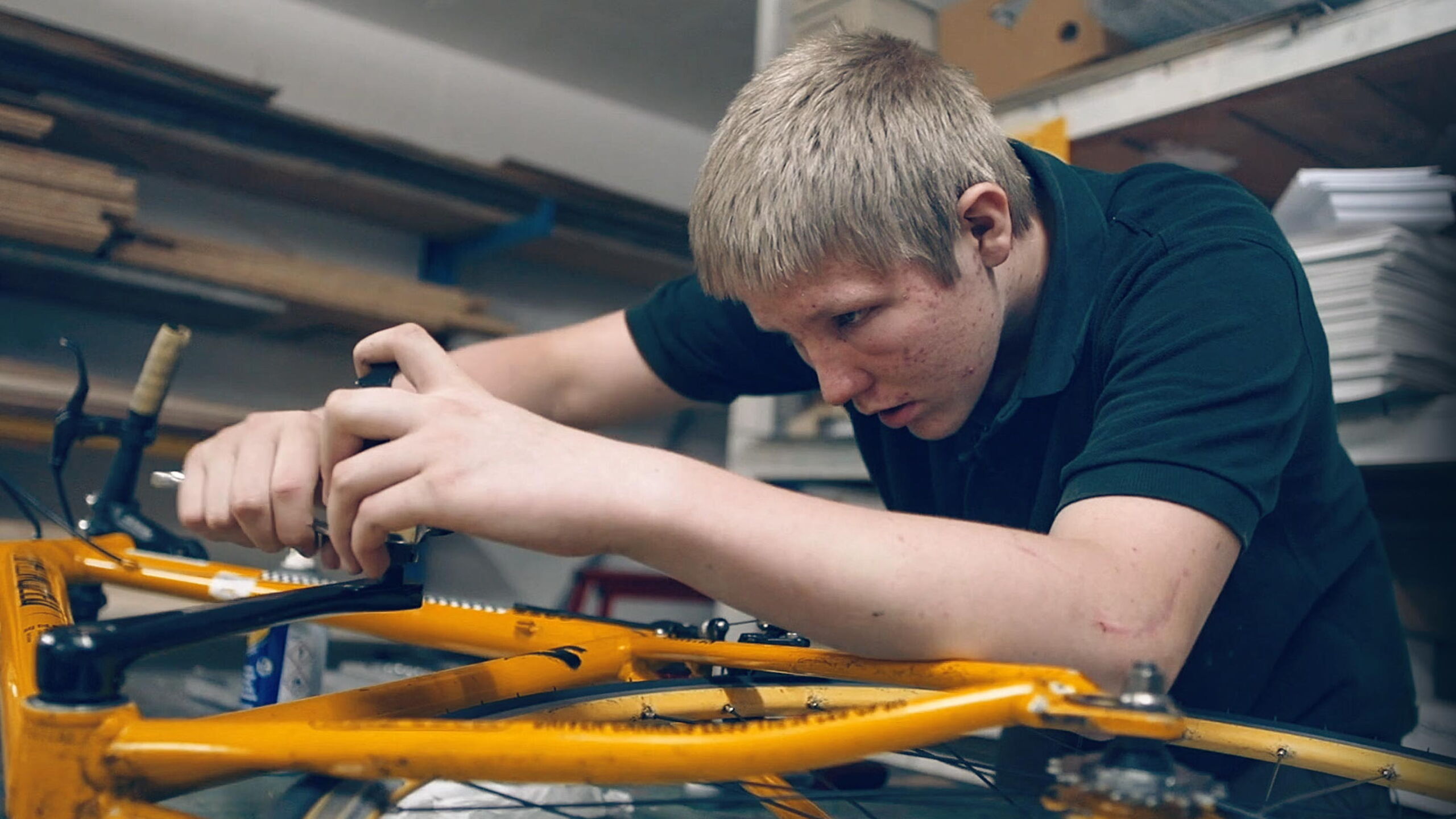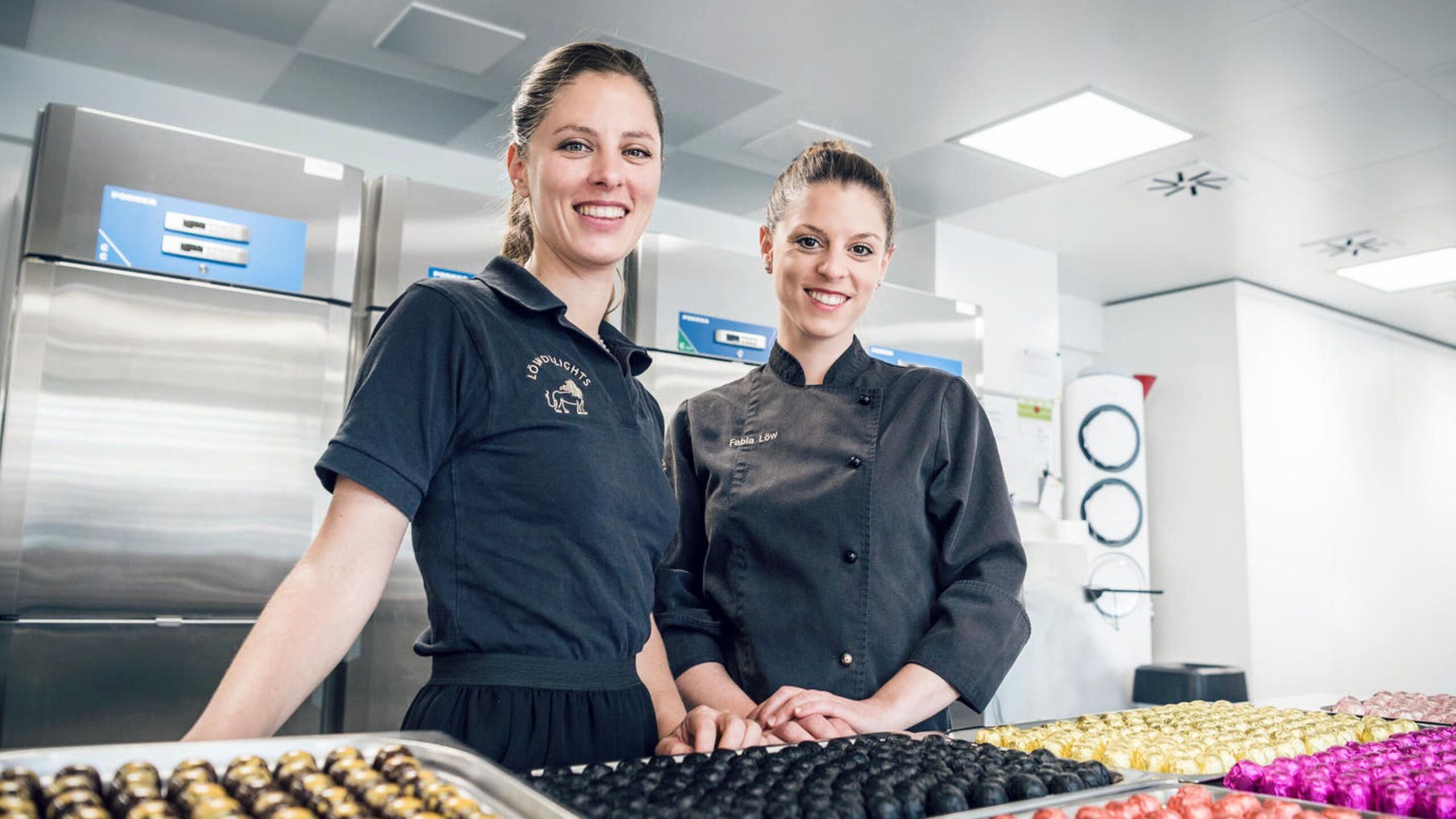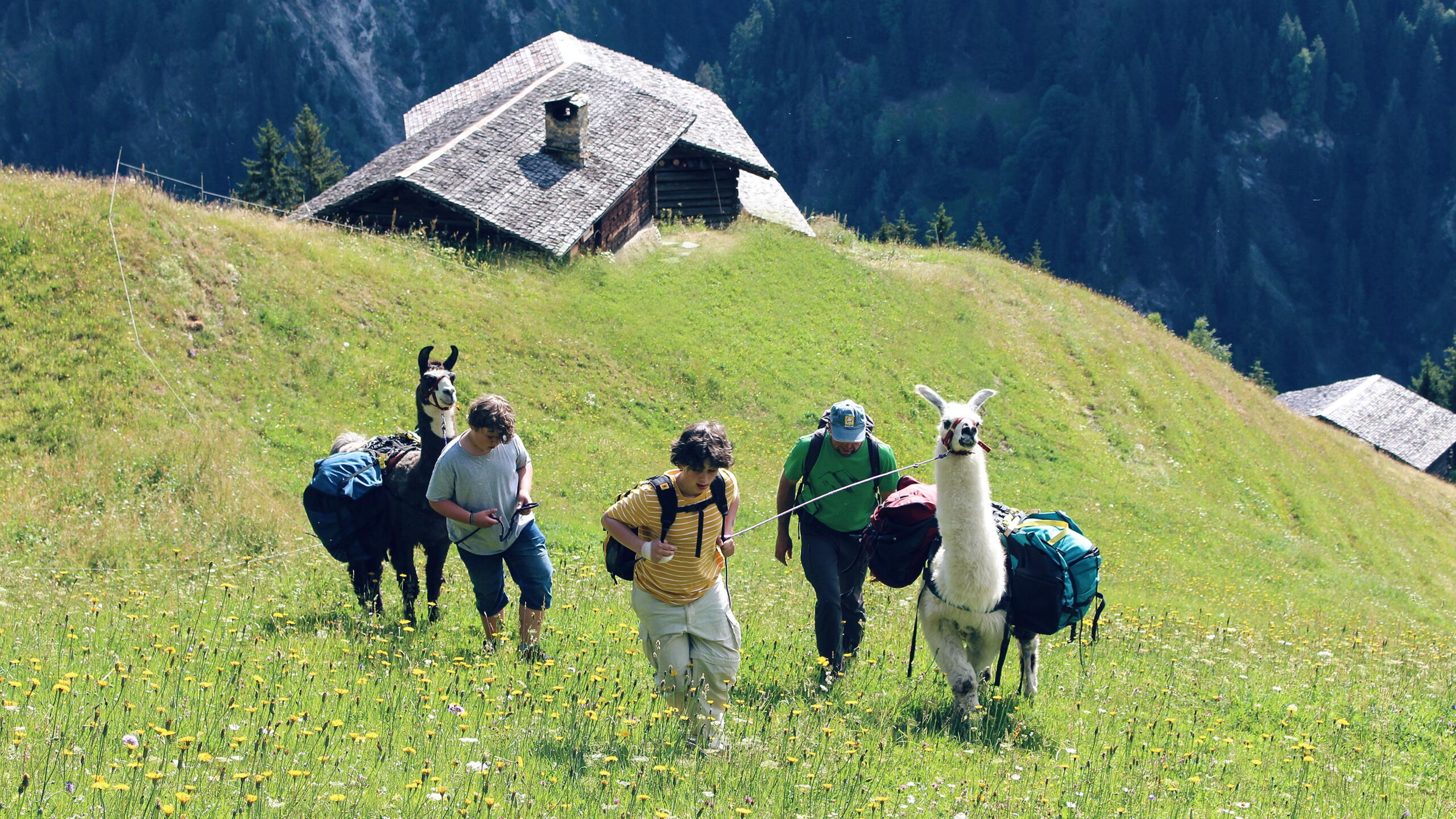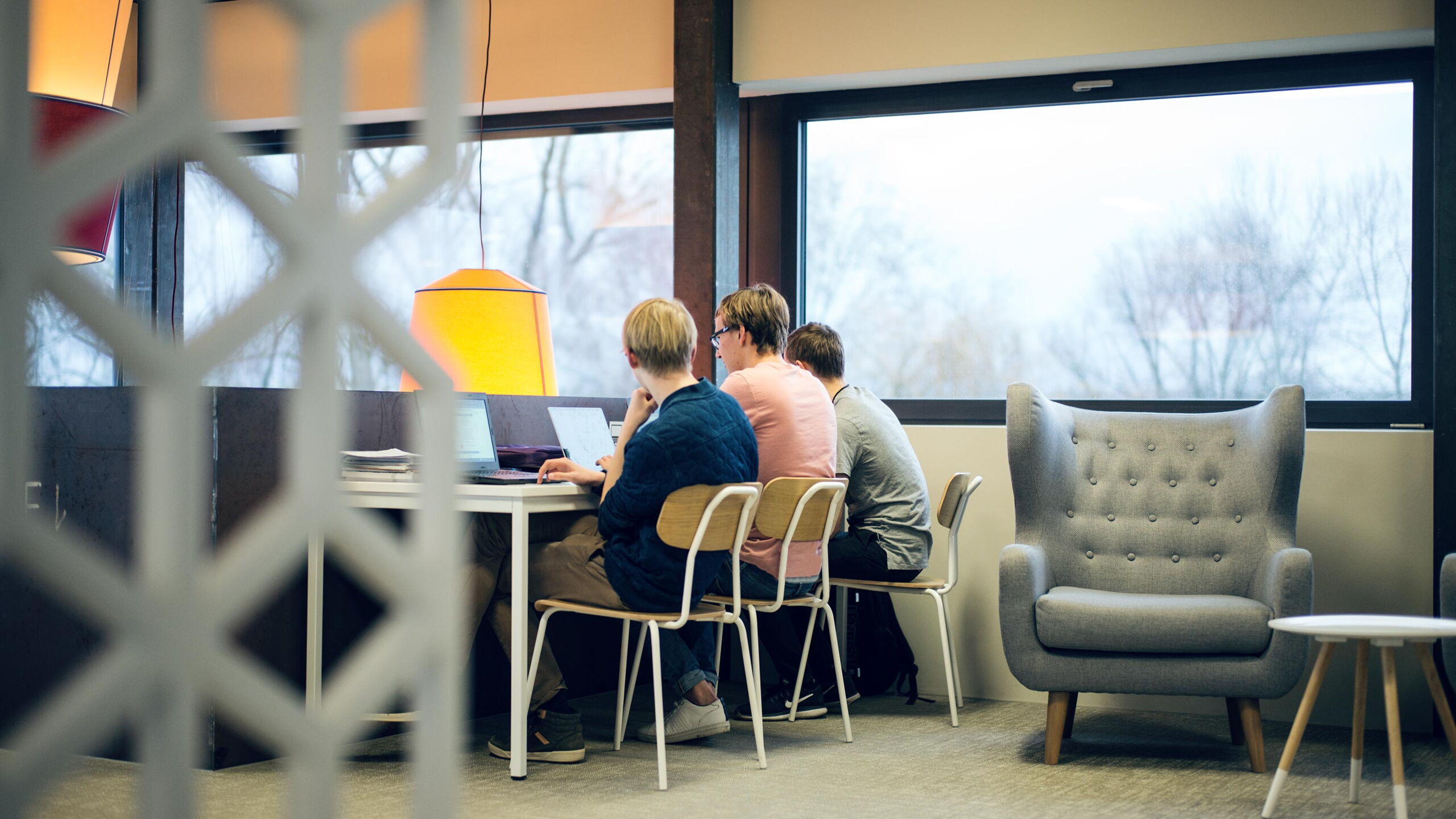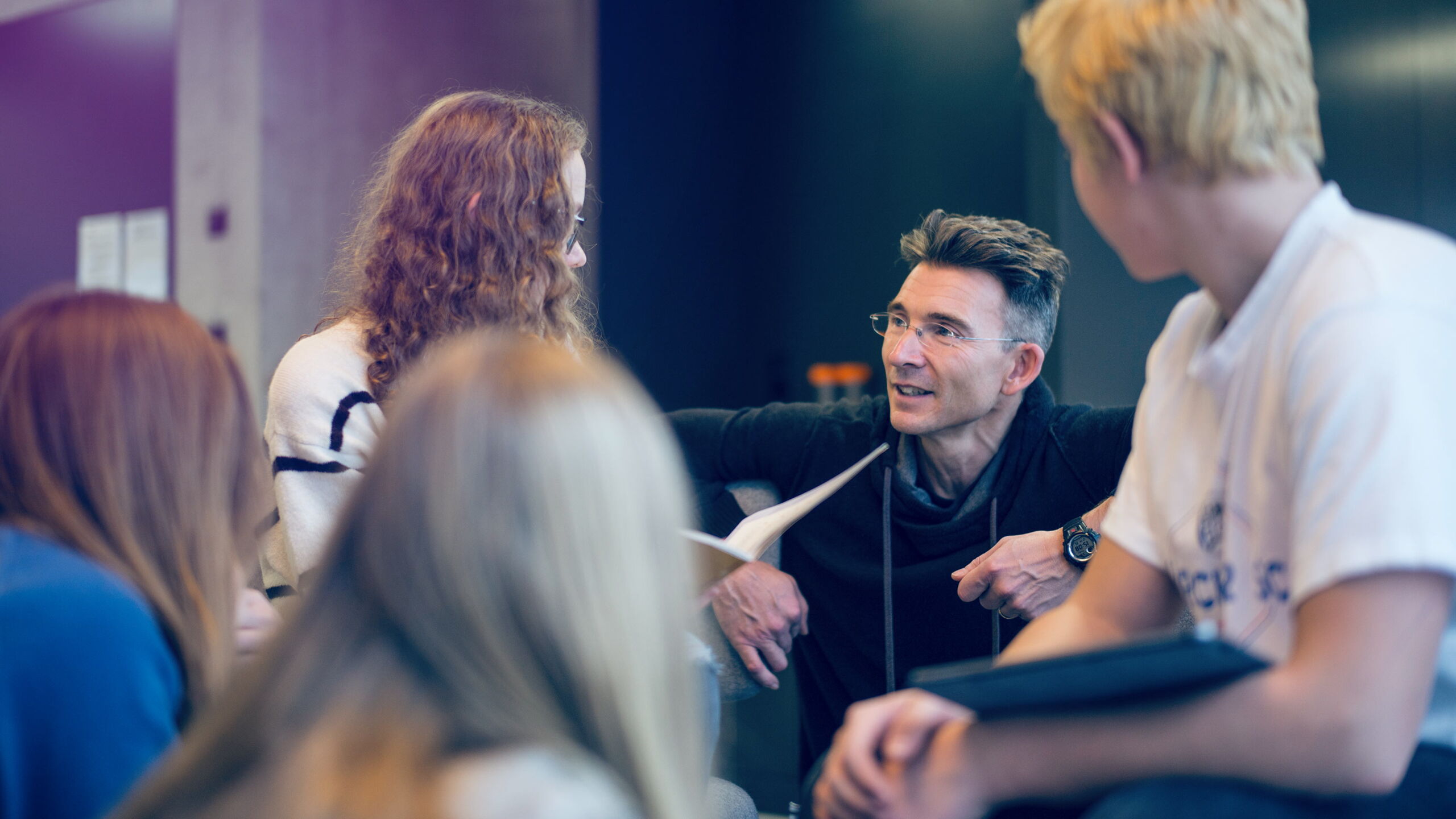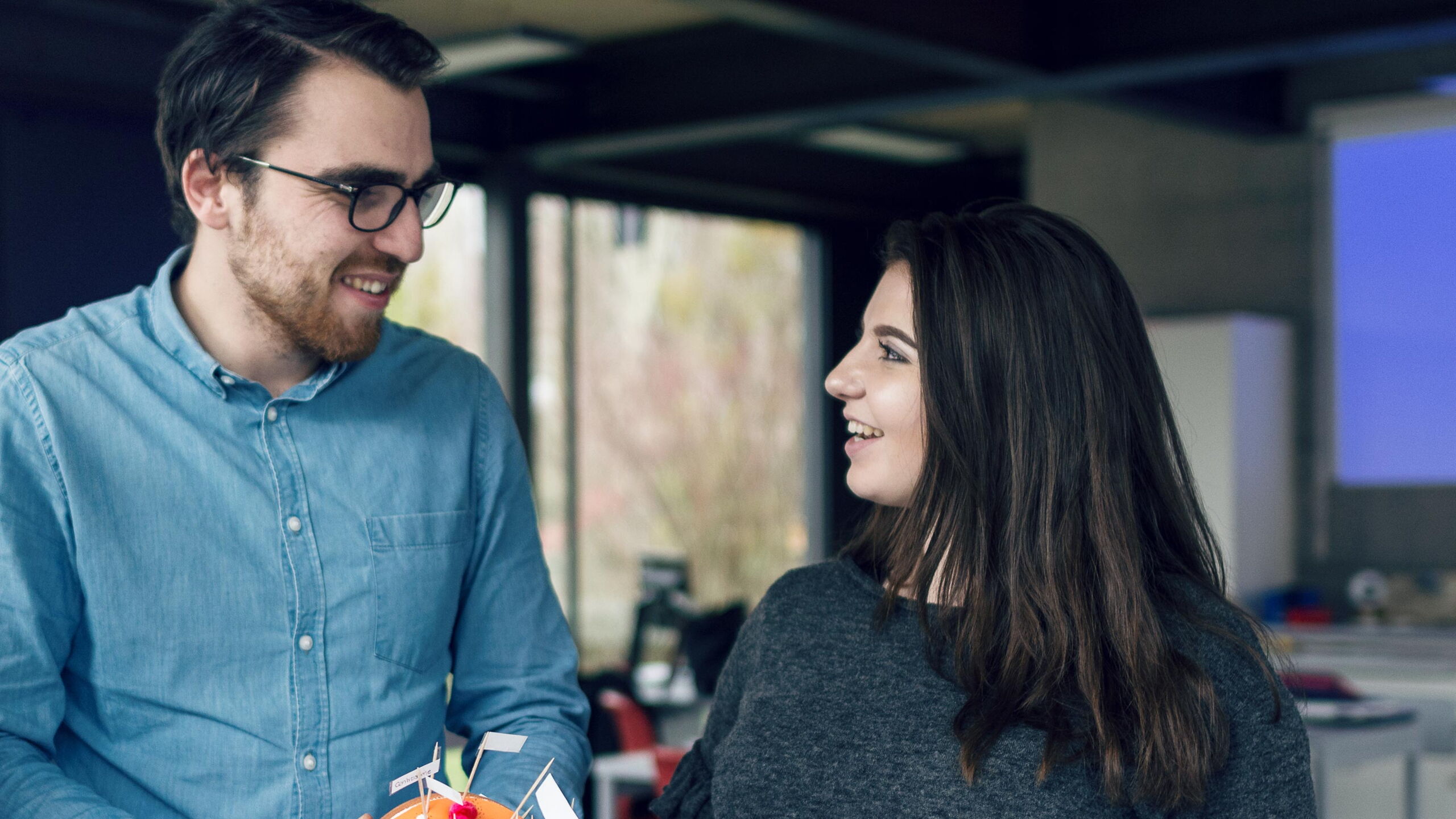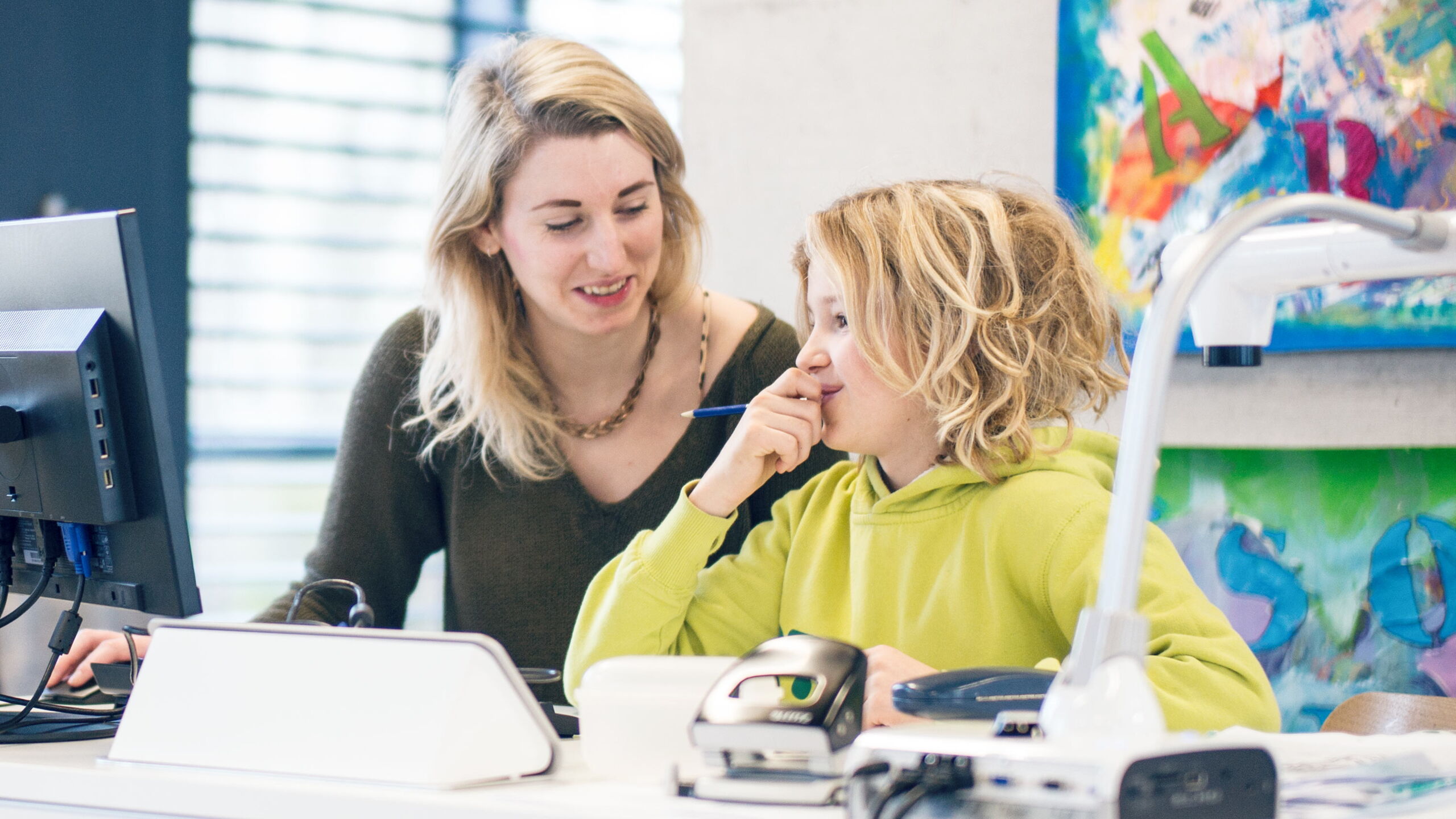
Unleash
your Potential
Wishes and dreams should be taken seriously as harbingers of special abilities, while interests, potential and talent should be developed and encouraged.
We see ourselves as intermediaries between individual needs and societal requirements.
Future Skills™
The SBW-specific response to the question of what competencies will be required in the future is set out in six Future Skills that go beyond the curriculum and focus on the development and strengthening of an individual’s personality: Passion, Resilience, Global Identity, Sustainability, Acting Outside the Box, and Entrepreneurship. The sequence of the SBW Future Skills is based on neurobiological criteria rather than pedagogic criteria: the focus is not on “knowing” (the cortex), but on “wanting” (the limbic system).

SBW Fractal:
7 elements
Fractals are a particular natural phenomenon that are found in all forms of life. When you look deeper into the structure of ferns, crystals or snowflakes, for example, you can see that certain basic patterns repeat them-selves: they all consist of miniaturised copies of themselves. Our seven fractal elements illustrate how we support and encourage the development of children, young people and adults, how we structure ourselves as an organisation, and how we harmonise simplicity and complexity. The principles of a fractal are a) simplicity of the basic pattern and self-similarity, b) self-organisation and goal orientation, and c) self-optimisation and drive. At SBW, we align our organisation and our work with these principles.

Diversity & Empathy
The SBW model is rooted in a foundation of core values and attitudes that are just as important as the competencies (curriculum, Future Skills). In addition to the fractal elements, values such as empathy, diversity and a focus on strengths are promoted among children, young people and adults and are also taken into account when selecting new employees.



